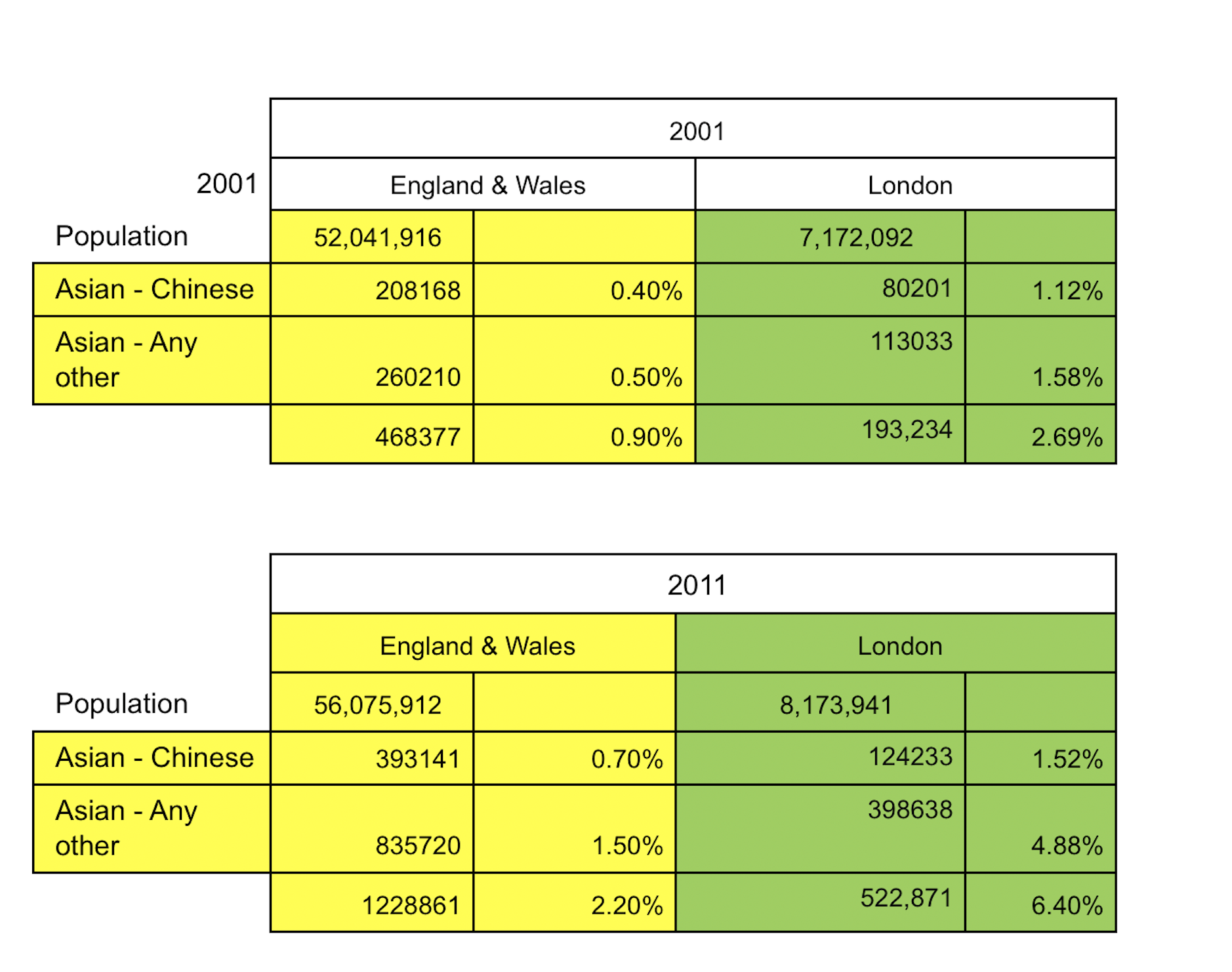On 13 October there was a debate in Westminster Hall tabled by Sarah Owen MP titled: “Chinese and East Asian communities’ experience of racism during the Covid-19 pandemic.” This was only the second parliamentary debate in 37 years about the conditions of East and Southeast Asian communities in the UK.
During the pandemic there has been a rise in hate crimes against East and Southeast Asians, including verbal abuse on the streets, online hate comments, and violent attacks.
Sarah Owen commented – “It shouldn’t need to be said that racism is not acceptable but unfortunately the media, MPs and Ministers have on occasions been unable to reach that low bar and it is the over one million of us Chinese, East and South East Asians living in Britain who are paying the price with their safety and livelihoods.” To read Sarah Owen’s press release click here.
“The debate’s title reflects the lack of common reference of the East and Southeast Asian communities, which results in lack of public policies and services designated for East and Southeast Asians.
The only parliamentary report on the East and Southeast Asian community is the Home Affairs Committee Report “Chinese in Britain” in 1983.
The lack of terminology to identify the affected communities in parliamentary debate disadvantages the focus in search of measures to tackle Covid-19 related racial attacks towards East and Southeast Asian.”
The tables below show the population of “Chinese” and “Asian – Any other” in 2001 and 2011.

The figures show that during the decade, the East and Southeast Asian population in England and Wales grew nearly nearly 4 fold, and that the East and Southeast Asian as percentage of the whole population grew from 0.9% to 2.2%
In 2001, within the East and Southeast Asian communities, Chinese comprised 45% of the East and Southeast Asian population, by 2011 it was 32%
In the last decade, there was no research, study, policy or service from public bodies, in England or Wales, devoted to the ESEA despite they had the highest population growth rate in the 2011 census.
The Covid-19 outburst of racism towards East and Southeast Asian communities demonstrated that, in the context of the UK social and economic conditions, there is far more commonality amongst people from East and Southeast Asia than their difference in ethnic or country origin.
Currently the popular terminology to identify the community include:
The census figures demonstrated that “Chinese” is the largest group amongst all East and Southeast Asian, but its percentage share is shrinking rapidly so the focus on Chinese should be diminished.
“East and Southeast Asian” – Hackney Chinese Community Services has adopted this terminology since 2018 in its proposal to Hackney Council to establish the first resource centre for East and Southeast Asia.
It is long overdue that Parliament adopts a terminology to focus the mind of Parliament, public and local authorities, in identifying the East and Southeast Asian communities for policy and service development.
With an agreed terminology, it is long overdue that the Parliament starts holding study, research, debate, enquiries, reports on all aspects of the community life of the East and Southeast Asian communities in housing, employment, education, family support, community affairs, racial attack etc.
Currently, the Chinese, Filipino and Vietnamese have some publicly funded grassroot community groups representing their interests but many East and Southeast Asian communities only have self help groups, e.g. Japanese, Korean, Mongolian, Taiwanese, Indonesian etc.
It is the onus of the more established communities to share their knowledge and experience in accessing public resources to encourage and support less organised communities to make their voice heard and to access public resources.
To watch the debate click here – please forward to 16:30 for the “Chinese and East Asian communities’ experience of racism during the Covid-19 pandemic”.
No Tory MP, except the Minister, attended the debate. The lack of ESEA representation on all walks of life in British Society landed us in a state of isolation and had to fend for ourselves with little alliance or public support. It is good that Sarah Owen makes the ESEA voice heard in a parliamentary debate. The absence of MPs in the room demonstrated the big mountain that the ESEA has to climb, just to try getting their voice heard.